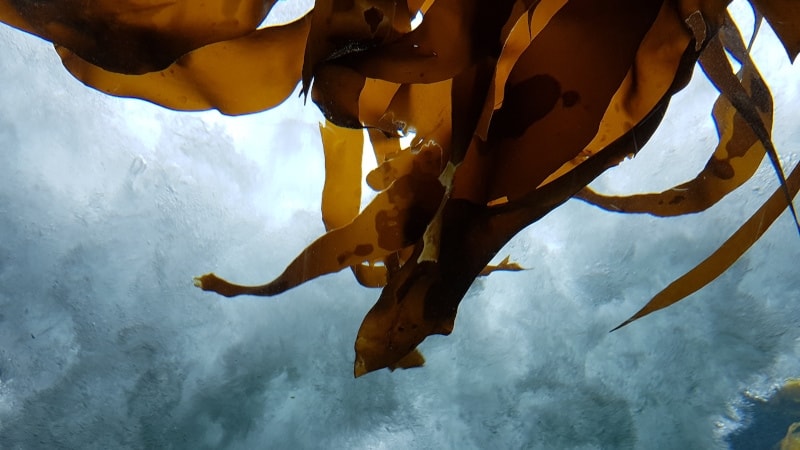Super seaweed: the immune-stimulating and anti-HIV effects of brown algae
Samples of a brown algae species from the Gulf of Mannar, the first marine Biosphere Reserve in India, were found to stimulate the immune system and show anti-viral properties when tested against HIV-1. This is the first investigation into the potential therapeutic benefits of Padina tetrastromatica and suggests that the presence of sulfates and uronic acids in the algae may be responsible for its immunostimulatory effects.
HIV-1 is one of two major types of HIV, and is the strain responsible for the majority of HIV infections worldwide. The virus uses the body’s innate immune system to allow itself to replicate – hijacking normally beneficial cells to create more viral cells. Modern retroviral medicines use compounds that interrupt the virus’ lifecycle to keep the level of viral cells inside the body low, allowing the innate immune system to recover.
The search for more effective treatments (or a potential cure) for HIV/AIDS is ongoing, and an increasing number of researchers are looking to natural products due to their relatively low toxicity, with marine plants being an important area of investigation. A recent study published in the Journal of Complimentary and Integrative Medicine reports that the brown algae Padina tetrastromatica stimulates the body’s immune response and may be a potential anti-HIV agent.

At low concentrations (100µg per ml), solutions of Padina tetrastromatica extract resulted in an up-regulation of certain compounds involved in immunity, including interleukin-10 and two groups of cytokines – one of which defends against intracellular pathogens, and the other against extracellular pathogens. These solutions also showed an inhibitory effect when tested in vitro against a subset of cells present in blood (called peripheral blood mononuclear cells) that had been infected with HIV-1. The authors compare the efficacy of Padina tetrastromatica in blocking an essential step in the lifecycle of HIV with the efficacy of three other brown algae tested in a previous study, and report an increase of up to 30% with solutions of only half the concentration.
The study is the first to highlight the potential of Padina tetrastromatica in combatting HIV-1, and the authors stress that it is important to continue to investigate the potential of brown algae and other marine plants, which may be untapped medicinal resources. It is also necessary to determine the structural, functional and therapeutic characteristics of the components that cause their biological activity and to study the molecular mechanisms involved.
Read the original article here: